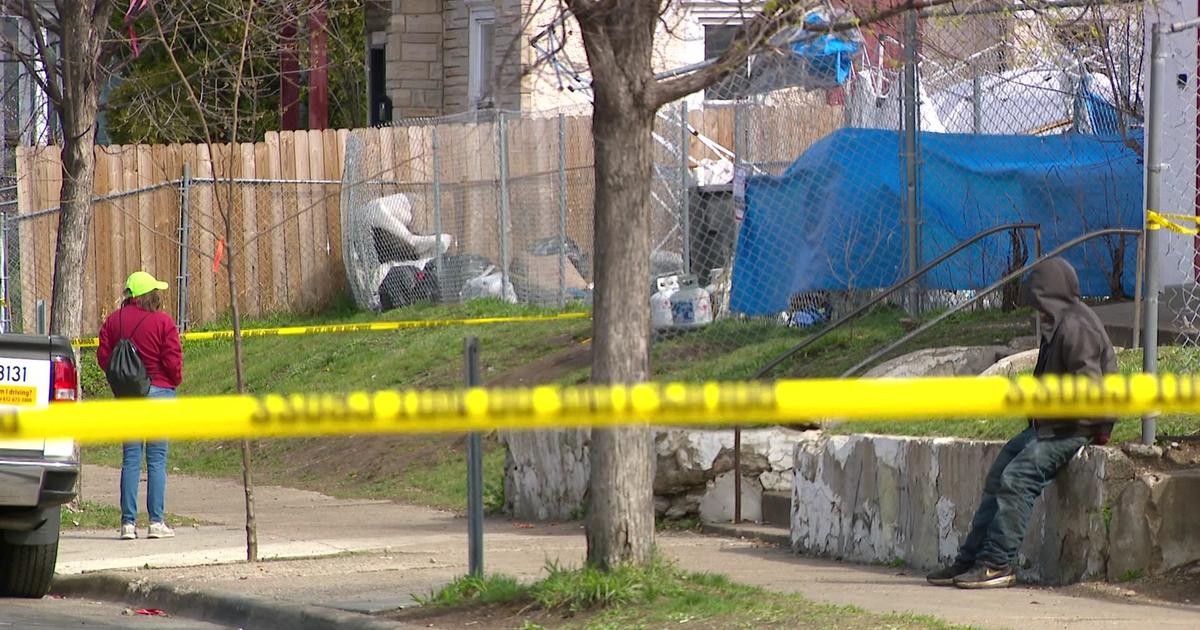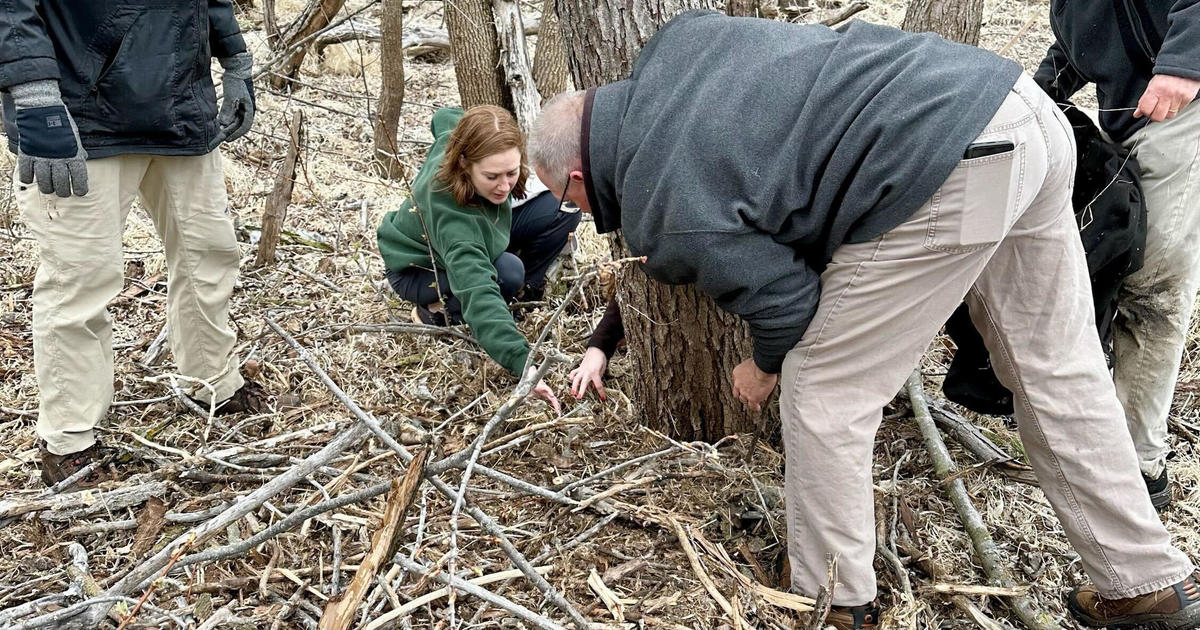What Happens To Our Bodies When We Exercise?
MINNEAPOLIS (WCCO) — A new CDC survey finds 1 in 5 Minnesotans aren't getting any physical activity. That's concerning given exercise has been shown to reduce the risk of obesity, heart disease, diabetes and some forms of cancer.
So, what's so good about working out? What happens to our bodies when we exercise? Good Question.
"It's all about the body's adaptation to the movement itself," Jen Robb, a professor of exercise science at Hamline University said. "A lot of it comes down to the heart."
Moving makes the heart work harder to pump blood and oxygen throughout the body. Adapting to that movement makes the heart more efficient at pumping over time.
"It's able to make a stronger contraction and deliver more blood and oxygen to your body," Robb said. "It helps with tissue rejuvenation, tissue re-growth and healing."
Robb also points to new research showing increased oxygen to brain can help fight against depression and anxiety as well as improve cognitive ability.
Often, people point to burning calories as a benefit of exercise, but some doctors are also recommending it in place of medicine.
Exercise released endorphins, often called the happy hormones, which can put people in better moods.
It can give some people the feeling of more energy because exercise increases metabolism.
"What you're able to do is be more efficient at being you on a daily basis," Robb said. "You don't have to work as hard to maintain the same energy level."
Some people report sleeping better after exercising. That's partly because humans are meant to move.
"Sleep is our body's opportunity to repair itself at night," Robb said. "Your body is saying I don't need this regeneration time because I didn't do enough to need it."
Exercise, through resistance or weight training, also helps strengthen muscles and bones. That type of training includes a force that actually damages the muscles and bones and causes them to rebuild stronger.
The American Heart Association recommends 30 minutes/day, 5 days/week.
It doesn't have to be a gym or even be considered a traditional workout. It could be cleaning a house, gardening or walking a dog.
"You can break it up into five or ten minute segments," Robb said. "And, then you've got the minimum amount of exercise to reap all of these benefits."



